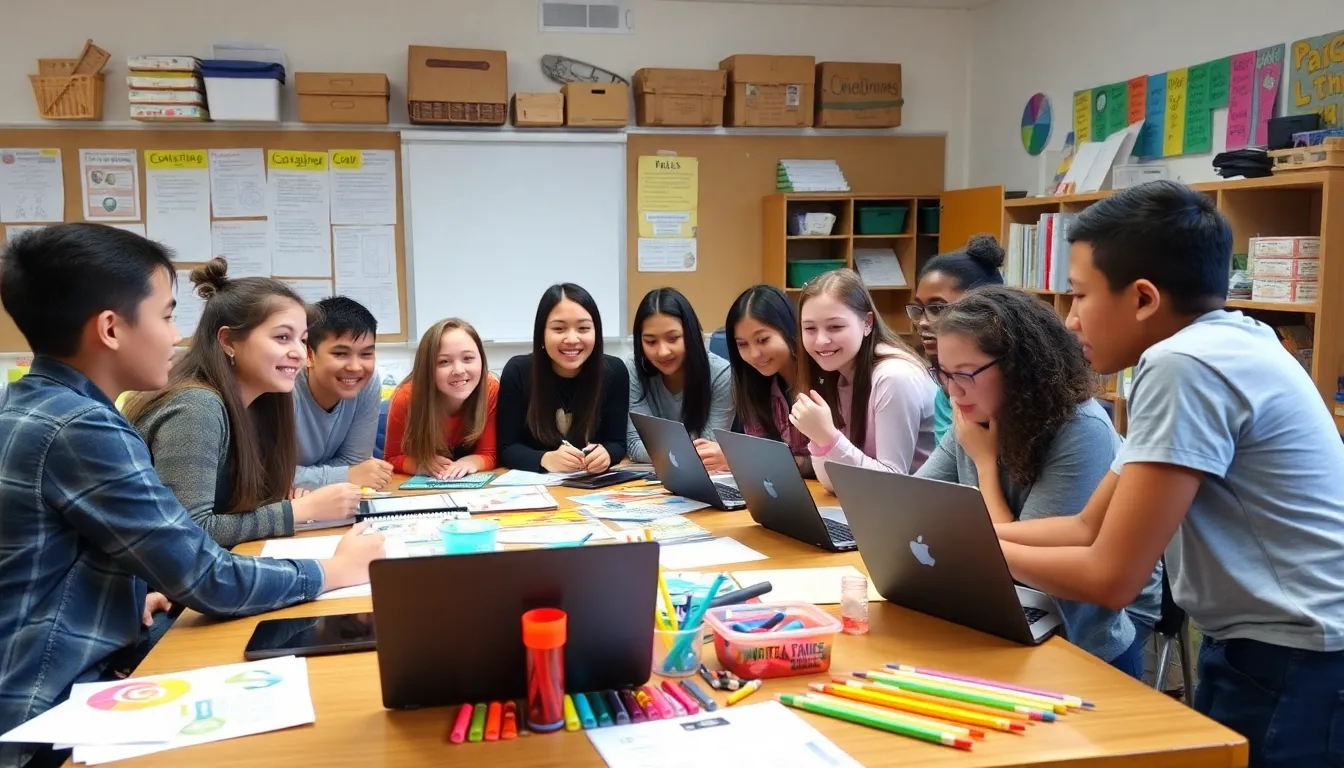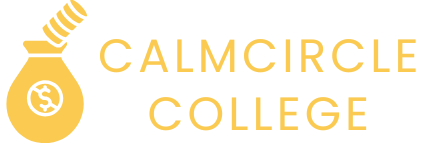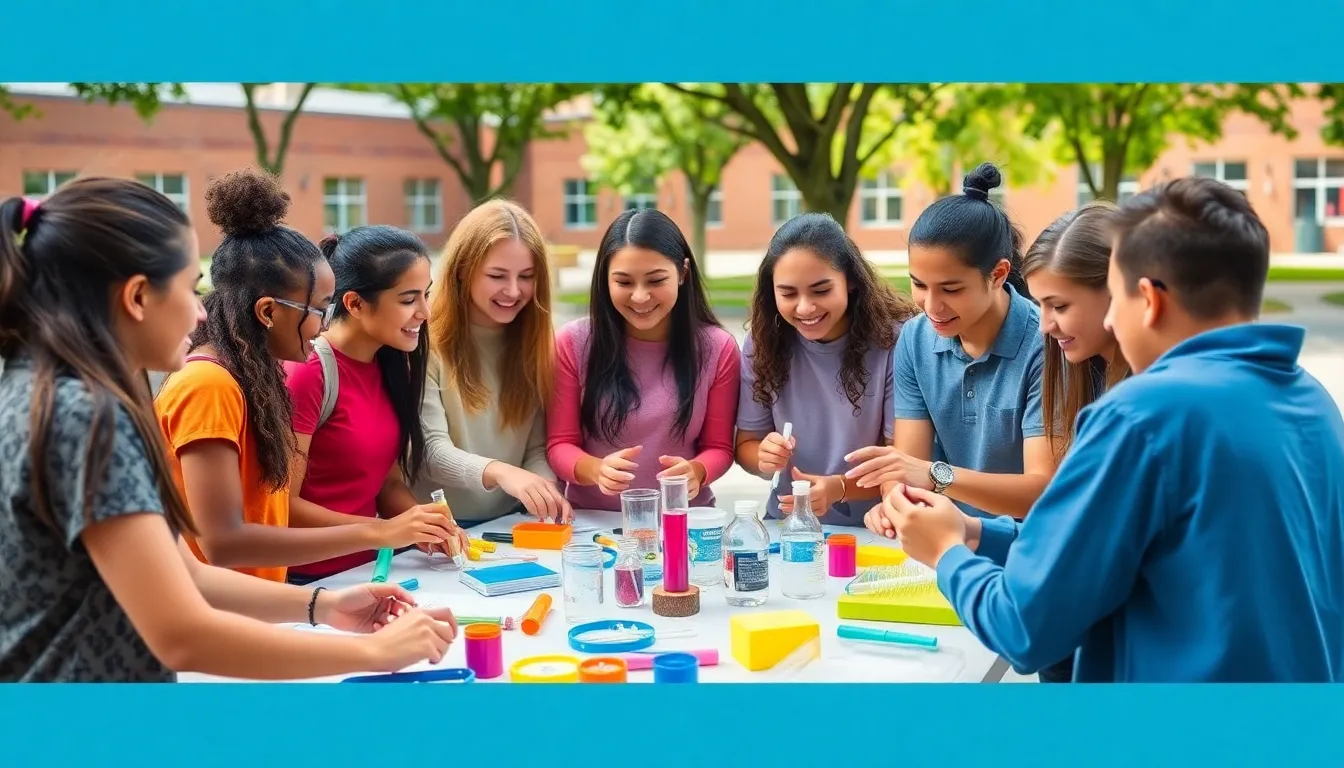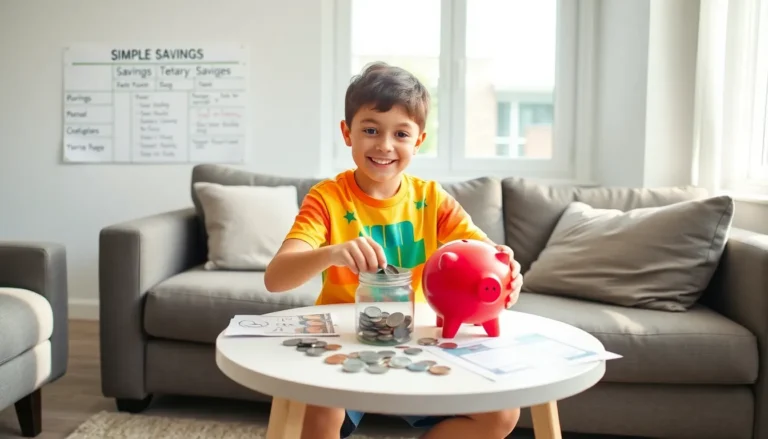In the world of education, one size definitely doesn’t fit all. Imagine trying to squeeze into a pair of shoes that just don’t match your style or size—uncomfortable, right? That’s how many students feel with a standard curriculum. Customized curriculum is the answer to this educational conundrum, offering tailored learning experiences that fit each student’s unique needs and interests.
Gone are the days of boring lectures and one-size-fits-all assignments. With a customized approach, students can dive into subjects that spark their curiosity and engage their minds. It’s like having a personal trainer for the brain, guiding them through a tailored journey of knowledge. Whether it’s exploring the wonders of space or mastering the art of baking, a customized curriculum empowers learners to take the reins of their education.
Table of Contents
ToggleOverview of Customized Curriculum
Customized curriculum represents a shift from traditional educational methods to personalized learning experiences. This approach tailors educational content and strategies to meet each student’s strengths, interests, and needs. Flexibility defines a customized curriculum, allowing students to explore subjects that resonate with them.
Students thrive in environments where their unique learning styles are acknowledged. Customization encourages the incorporation of diverse teaching methods, such as project-based learning, hands-on activities, and technology integration. It’s crucial to design curricula that foster student engagement and promote a sense of ownership over their education.
Assessment methods also play a significant role in a customized curriculum. Rather than relying solely on standardized tests, educators can implement formative assessments that gauge individual progress and adapt instructional strategies accordingly. This adaptability ensures that every student receives the support necessary to succeed.
Collaboration among educators, parents, and students enhances the effectiveness of a customized curriculum. Educators can share insights on student progress, enabling parents to engage meaningfully in their child’s learning journey. Customized learning plans reflect each student’s goals and challenges, thereby creating a more supportive educational environment.
Evidence shows that students exposed to customized curricula demonstrate improved academic outcomes and increased motivation. Customized curriculum not only meets the diverse needs of learners but also prepares them for real-world challenges. Emphasizing this approach leads to a more fulfilling and productive educational experience for every student.
Benefits of Customized Curriculum

A customized curriculum significantly enhances the educational experience. Tailored learning plans engage students by incorporating their interests and strengths. Students participate actively in their education, leading to deeper understanding and retention of information.
Enhanced Learning Experience
Engagement increases when students work on projects aligned with their passions. Varied teaching methodologies, such as hands-on activities and technology integration, foster creative thinking. Understanding material becomes easier as learners connect concepts to real-life situations. Students also grow more motivated when they see the relevance of their studies to future aspirations. Increased involvement contributes to higher academic achievement and personal satisfaction.
Personalization for Diverse Learners
Customized curricula create opportunities for learners with distinct needs. Flexibility allows for adjustments based on individual learning styles and paces, promoting inclusivity. Students benefit from personalized feedback and support, ensuring they understand core concepts thoroughly. Additionally, tailored resources are accessible for varied educational backgrounds, making learning more equitable. Each student thrives within a curriculum that reflects their unique abilities and interests.
Challenges in Implementing Customized Curriculum
Implementing a customized curriculum presents several challenges that educators must navigate. Addressing these hurdles is essential for achieving effective personalized learning.
Resource Allocation
Resource allocation poses a significant challenge in customized curriculum implementation. Schools often face budget constraints that limit access to innovative tools and materials. Without adequate funding, it becomes difficult to acquire necessary resources for diverse learning experiences. Student engagement can suffer due to inadequate technology or insufficient learning materials. Moreover, allocating staff time effectively for planning personalized lessons remains complex. The need for collaboration among educators demands flexible scheduling and shared resources, which may not always be feasible.
Training Educators
Training educators on effective customized curriculum strategies is crucial, yet challenging. Professional development opportunities often fall short in addressing specific needs related to personalized learning. Many educators require training that focuses on how to adapt lesson plans based on individual student interests and strengths. Institutions must invest in consistent training programs that support this shift toward personalized learning. Effective training empowers educators with the skills and confidence needed to implement customized curricula successfully. Additionally, teachers benefit from ongoing support and resources to enhance their instructional approaches and adapt to new methodologies.
Case Studies of Successful Customized Curriculum
Multiple case studies illustrate the effectiveness of customized curricula across various educational settings. One example comes from an innovative high school in California that integrated project-based learning into its science program. Students engaged with practical experiments that resonated with their personal interests, resulting in a 25% increase in science scores over two years.
Another significant case study involves a middle school in New York, which developed personalized learning plans for its students. By assessing individual strengths and challenges, educators tailored instruction that enhanced engagement. As a result, student attendance improved by 30%, demonstrating the direct impact of customized approaches on motivation.
A charter school in Texas presents an additional compelling example. This institution utilized technology to create individualized learning experiences. They implemented adaptive learning software that adjusted content based on real-time performance data. The outcome showed a remarkable 40% increase in student proficiency across multiple subjects.
In Illinois, a rural school district adopted flexible scheduling to accommodate diverse learning styles. Students had the opportunity to choose from various elective courses, leading to a more engaged learner population. Data revealed a 20% increase in student retention rates, suggesting the importance of choice in education.
Professional development among educators plays a crucial role in these successes. Teachers received specialized training that empowered them with strategies for implementing customized curricula. After the training, educators reported a 35% increase in classroom engagement, indicating a clear connection between teacher preparation and student outcomes.
Such case studies demonstrate that a focused, individualized curriculum enhances student performance, engagement, and overall satisfaction. Evidence consistently suggests that when curriculum aligns with students’ interests and needs, learning becomes a more relevant and meaningful experience.
Future Trends in Customized Curriculum
Emerging technologies drive future trends in customized curriculum. Artificial intelligence plays a significant role in personalizing learning experiences, providing data-driven insights for educators. Adaptive learning platforms adjust content based on student progress, ensuring alignment with individual learning needs.
Project-based learning continues to gain traction, allowing students to explore real-world problems. Collaborative tools contribute by enabling teamwork and communication, essential components of contemporary education. Increased emphasis on social-emotional learning fosters not only academic but also personal growth among students.
Virtual and augmented reality technologies create immersive educational experiences, engaging students on multiple levels. Remote learning solutions expand accessibility, allowing students from diverse backgrounds to partake in innovative educational opportunities.
Access to data analytics tools enhances feedback mechanisms, allowing educators to tailor instruction effectively. Personalized assessments replace standardized tests, enabling a clearer picture of student understanding. Peer-to-peer learning promotes student engagement, encouraging collaboration and shared knowledge.
Curriculum development embraces interdisciplinary approaches, integrating various subjects into cohesive learning experiences. Focus on culturally responsive teaching ensures curricula reflect the diversity of student populations, promoting equity within education.
As educational environments evolve, creating partnerships between schools, industries, and communities becomes increasingly vital. Collaboration fosters real-world connections, preparing students for future workforce demands. Trends suggest that increased investment in teacher training will enhance the delivery of customized curricula.
Adopting these innovative practices leads to more engaging and effective educational experiences. Ultimately, schools that prioritize tailored instructional strategies will likely enhance student achievement and satisfaction.
Customized curricula are transforming the educational landscape by prioritizing individual student needs and interests. This approach not only enhances engagement but also fosters a deeper understanding of subjects that resonate with learners. As education continues to evolve, the integration of innovative teaching methods and technologies will play a crucial role in shaping personalized learning experiences.
The ongoing collaboration among educators, parents, and students is vital for the success of these tailored programs. While challenges remain, such as resource allocation and teacher training, the positive outcomes from customized curricula demonstrate their potential to create more equitable and relevant educational experiences. Embracing this shift will ultimately prepare students for the complexities of the future, ensuring they thrive both academically and personally.




